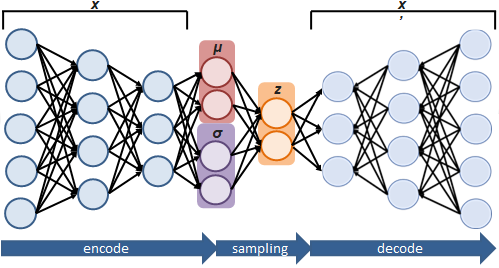
Introduction to deep learning

Information
The estimated time to complete this training module is 3h.
The prerequisites to take this module are:
- the installation module.
- the python data analysis module (recommended for Python familiarity).
Contact Isil Bilgin if you have questions on this module, or if you want to check that you completed successfully all the exercises.
Resources
The first portion of this module was presented by Blake Richards during Brainhack School 2020
The video presentation is available here:
Exercise
- Watch the video presentation by Blake Richards.
- Consider these statements/questions and answer them briefly in a saved doc:
- Give an example of a research question that you could use deep learning to solve.
- How would deep learning provide an advantage for solving the problem?
- Give an example of a research question for which deep learning would not be appropriate.
- What would be a disadvantage of deep learning compared to another method?
- Follow up with Isil Bilgin to validate you completed the exercise correctly.
- 🎉 🎉 🎉 you completed this training module! 🎉 🎉 🎉
More resources
You can check out the documentation on Pytorch and additional tutorials here. The Deep Learning Book by Ian Goodfellow and Yoshua Bengio and Aaron Courville is also freely available here For more comprehensive look of the deep learning tools and methods please look at the lecture series by Yan LeCun & Alfred Canziani at University of NY is here and for the videos here To learn and solve various deep learning exercises please look at the resources provided at the Kaggle Deep Learning course Or have a look at the lecture and exercises series provided by the Neuromatch Academy Deep Learning Course